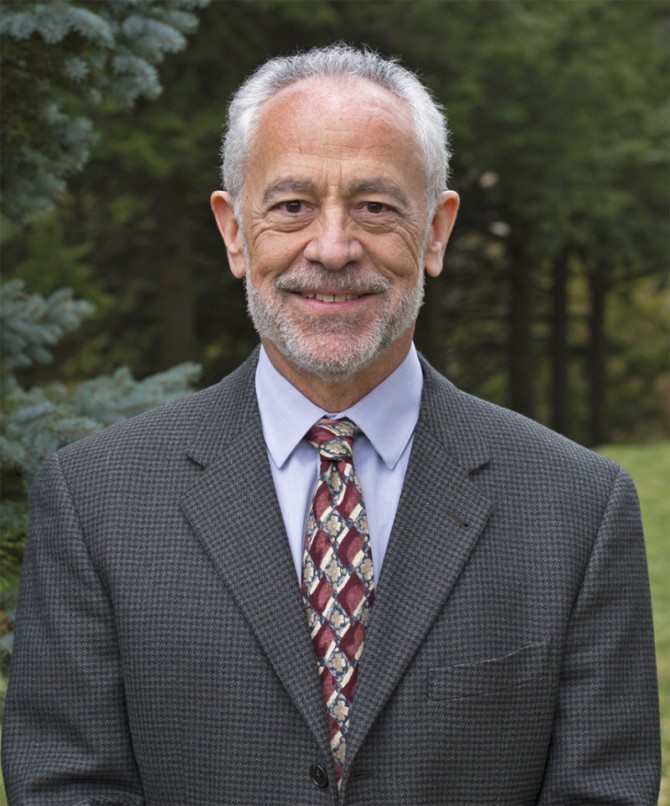Christopher Dunn to chair new national conservation group
By Shannon Dortch
Christopher Dunn, executive director of the Cornell Botanic Gardens, will be the inaugural chair of the new U.S. National Committee of the International Union for the Conservation of Nature (IUCN).
The new committee joins an existing global network of 75 national and regional committees to advance conservation efforts, pulling together 118 organizations in the United States to use resources on behalf of the natural world. Dunn expects the committee’s first meeting will be held later this spring or early summer.
The Cornell Botanic Gardens and the David R. Atkinson Center for a Sustainable Future are members of the IUCN.
“We will be convening diverse stakeholders and drive the union’s mission to empower conservation efforts domestically and worldwide,” said Dunn. “It’s a neutral forum for scientists, governments, nongovernmental groups, local communities and faith-based organizations to construct answers for environmental challenges.”
Dunn, the Elizabeth N. Wilds Director of the Cornell Botanic Gardens, helped organize the most-recent IUCN World Conservation Congress in Hawaii, where the idea to develop a U.S. National Committee spawned. Last fall, the newly organized committee elected Dunn as its first chair.
Created in 1948, IUCN is the world’s largest and most diverse environmental network, composed of 1,300 member organizations and more than 10,000 experts on ecosystem management, species survival, social and economic policy, and environmental law. The U.S. has not had a national committee until now.
Traditionally, the United States has had a strong global influence on conservation, and the prevailing thought was that a national committee was not needed. But observing success among the global group of national committees working cohesively across borders inspired the formation of the new committee, Dunn said.
The IUCN holds consultant status with the United Nations and helps to implement global conventions. “The IUCN has been a powerful vehicle for connecting Cornell faculty to conservation practitioners, who apply innovative science-based approaches at large scales in multiple countries,” said David Lodge, the Francis J. DiSalvo Director of the Atkinson Center.
Enrique J. Lahmann, the IUCN’s global director for union development, looks forward to working with the new committee, noting that “national committees play a fundamental role in the implementation of the union’s work” and this “marks a milestone in the history of the IUCN membership processes at the global level,” he said.
As chair, Dunn said that the new committee’s early initiatives will include reaching out to Canadian, Mexican and Caribbean national committees to see how cross-border conservation may be fortified.
“Birds – and other migratory species, for that matter – don’t observe borders,” Dunn said. “By cooperating and collaborating with our neighboring countries, we can create meaningful natural-world conservation practices, and that, in turn, provides for our own environmental well-being.”
Shannon Dortch is the associate director of communications and marketing for the Cornell Botanic Gardens.
Media Contact
Get Cornell news delivered right to your inbox.
Subscribe

